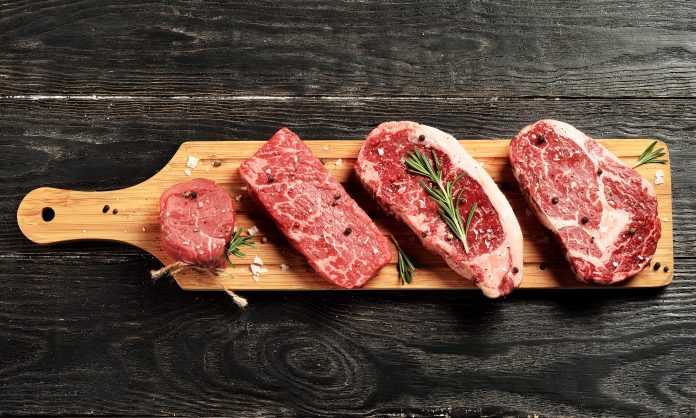The alternative protein industry is an exciting opportunity for investors. With the recent growth in meat substitutes and healthy vegan and vegetarian proteins, there is a great deal of potential for investors who are looking for companies to back. Nick Cooney of Lever VC explains how investing in alternative proteins can help the environment while providing an excellent product to the American consumer.
Alternative Proteins
Since the 1960s and 1970s when the vegan and vegetarian lifestyles first became popular, companies have produced a broad range of alternative protein products. The first popular alternative proteins were made of soy. Tofu, tempeh, and other soy products provide quality nutrition, but many meat eaters do not find them palatable. Other soy and vegetable products used as meat substitutes include veggie burgers and sausages. These products are popular in the vegetarian and vegan communities but have yet to become fully adopted in the American market.
The newest alternative proteins, like Beyond Meat and the Impossible Burger, are created to mimic meat in mouthfeel. Some forms of alternative meat also “bleed” thanks to proteins called hemes. These features make them more attractive to people who regularly consume meat. In some cases, it can be difficult for consumers to distinguish alternative proteins from meat.
These protein substitutes are constantly evolving, enhancing their nutritional profile while at the same time increasing their appeal to the average consumer.
Environmental Impact of Meat Products
Many environmentally conscious consumers are interested in reducing their carbon footprint as well as their overall impact on the environment. Around the world, livestock production consumes over 30 percent of Earth’s arable land. Alternative proteins use less water and resources while causing far fewer emissions into the environment. 15 percent of human greenhouse-gas emissions come from livestock production. 40 percent of these emissions are derived from beef and dairy farming.
During the course of traditional livestock production, forests are cut down for grazing land. This means that the local wildlife loses their habitat and that the positive carbon impacts of the forest are lost.
Growth of the Alternative Protein Market
Lux Research estimates that 33 percent of proteins consumed globally will come from alternative sources by the year 2054. This presents a significant area of potential growth in the food industry. Soy proteins are considered to be the first wave of alternative proteins. Peas, rice, and canola are considered the second wave. The third wave of alternative proteins includes insect and lab-grown protein sources. If an individual investor is searching for a way to impact the market well into the future, one of the insect-based or lab-grown companies may be an excellent choice.
Encouraging Alternative Protein Consumption
In order to encourage global consumers to purchase alternative proteins, taste needs to be the first consideration. Many dedicated meat eaters will try an alternative product if it has been developed to mimic meat in some way. Health concerns should be the second topic of consideration. Plant proteins provide the body with equal nutrition while lessening the health impact of eating fatty meats. Finally, investors stress focusing on environmental concerns. It is hoped that more consumers will adopt alternative proteins because of the taste, and then stay with the proteins because they are better for the environment.
A Great Opportunity
As alternative proteins become more convincing, they have more potential to take some of the profits from the meat industry. Alternative proteins appeal to both the vegan and vegetarian as well as health-conscious and environmentally conscious people. Nick Cooney of Lever VC encourages all investors to take a closer look at the food market and to consider investing in these new and exciting meat alternatives.
Find a Home-Based Business to Start-Up >>> Hundreds of Business Listings.

















































